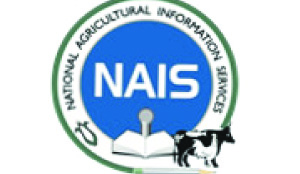A SENIOR research officer at Arid Zones Research Institute in Tunisia Mohamed Overssiar has called on Zambia to embrace irrigation in areas that receive low rainfall.
Dr Overssiar said Zambia should take a leaf from the Tunisian water harvesting technologies by engaging in irrigation of high value crops in provinces that experience dry spells.
He was speaking in an interview during the Water Harvesting for Rain-fed Africa (WAHARA) meeting held at Chrismar Hotel in Livingstone.
He said Zambia has vast potential in irrigation that can be utilised by farmers following the delayed starting of the rainy season in Southern Province during the 2015/2016 farming season.
Dr Overssiar noted that farmers in Southern Province have potential to increase crop production and productivity through supplementary irrigation and harvesting rain water to overcome perpetual dry spells affecting the province due to climate change.
He said the impact of water harvesting technologies implemented by WAHARA in Tunisia is better control of droughts by promoting production of olives by farmers.
Dr Overssiar explained that ground water aquifers in Tunisia have been promoted by the Water Harvesting for Rain-fed Africa project funded by the European Union.
And WAHARA project coordinator Rudi Hessel named four countries in Africa that have benefited from WAHARA project as Zambia, Ethiopia, Burkina Faso and Tunisia.
Dr Hessel was speaking on the sidelines of the WAHARA project meeting in which the agricultural scientists in recipient countries shared notes on the success stories of water harvesting technologies in the tourist capital of Livingstone at Chrismar Hotel.
He said WAHARA is a five-year project implementing diverse water harvesting technologies in the recipient countries to turn hotspots to hope-spots through increased food security.
Dr Hessel said water harvesting also provides the opportunity to turn hotspots into hope-spots that will lead the way to agriculture-led development.







